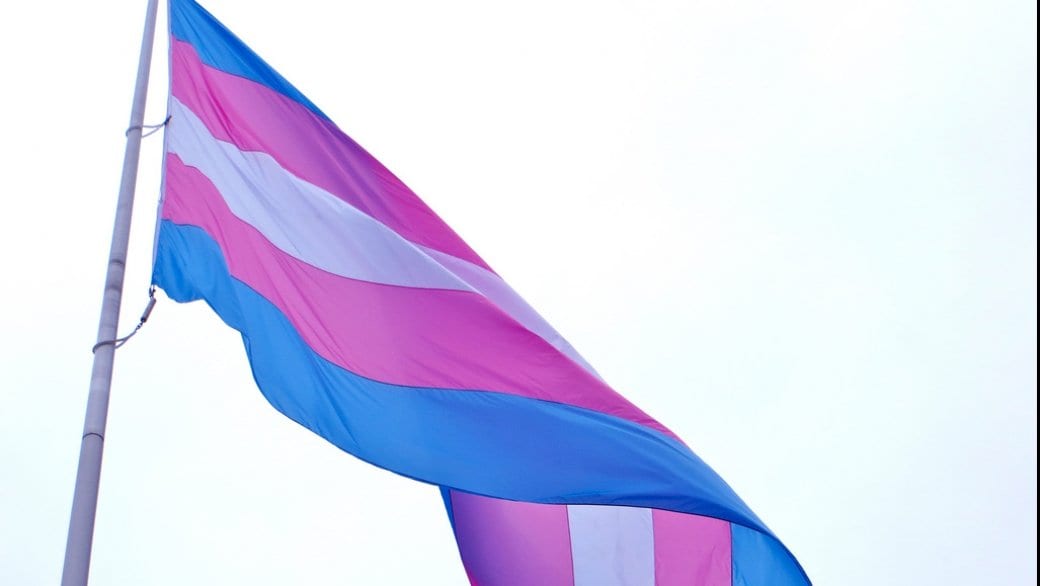Canada’s Senate has delayed its deliberation of a bill aimed at including trans people in Canada’s human-rights law.
The red chamber won’t resume its debate on Bill C-16 until February 2017, but its new committee structure has cleared a hurdle that derailed a similar bill in 2013. The bill has already sparked heated debate among senators.
On May 17, 2016, the federal Liberals introduced Bill C-16, which would encode both gender identity and expression into Canada’s human-rights and hate-crime laws. The legislation follows a handful of similar bills that were tabled earlier by individual MPs. As a government bill, this one has a better chance of becoming law.
The House of Commons passed Bill C-16 on Nov 18 after the government fast-tracked the House’s committee phase. Since then, the Senate has given the bill less than an hour of debate over two days, and delayed its second reading over 11 sitting days, in order to pass other legislation.
New committee seats
Once Bill C-16 concludes its initial debate, it should easily pass its second reading and be sent to a committee, where a small group of senators do a detailed examination of the legislation. They often invite supporters and critics, and sometimes amend the bill.
It was at this stage that the Senate gutted similar legislation in 2013. When a Senate committee studied Bill C-279, Conservative Senator Don Plett amended it, to exempt trans protection from jails, women’s shelters, bathrooms and change rooms, warning “it allows for pedophiles to take advantage of legislation.” The bill spent 20 months in the Senate before Parliament ended with the summer 2015 election call.
But on Dec 14, the Senate reshuffled its committee seats for the first time since the election. Independent senators, many of whom support progressive social policies, now outnumber Conservative Party appointees.
The Senate also rose until January 31, 2017, and is set to resume debating Bill C-16 sometime shortly after. While senators can stall legislation for months and even years, few expect Conservative senators to do so.
Senator Plett takes aim
In the debate so far, five senators have spoken in favour of Bill C-16: four who were appointed by Liberal prime ministers, and Conservative Senator Michael Duffy. Senator Plett spoke against it.
“I have received, on this particular bill, dozens of emails, phone calls and letters from transgender people who are not supporting this bill; from feminists who are not supporting this bill” because of “biological men are saying they are becoming” female, Plett said Dec 1.
“The transgender community that believes there are only two genders — their issue is they want to be the other gender. Yet, 70-plus genders will be included in this bill.”
Before the Senate debate on Bill C-16 even started, Plett warned his colleagues on Nov 22 “not to be silenced by the baseless character assassination” because of “new phobias dreamt up every other week in social science departments in order to silence dissent.”
Plett claimed that the bill would implement Canada’s first legally “compelled speech,” citing the controversy surrounding University of Toronto professor Jordan Peterson. “Political correctness authoritarians have narrowed the scope of acceptable thought,” he said.
Later, Plett also took aim at Bill C-16 during a debate on separate legislation aimed at increasing penalties for violent offences against indigenous women. On Dec 15, Plett said “the remarkably powerful push to move away from gender distinctions” seen in Bill C-16 would complicate enforcing a bill aimed at protecting female crime victims.
Petition campaigns
On Dec 5, Amnesty International’s Canada chapter launched a petition, claiming that “senators are being flooded with messages” opposing the bill. Other groups have started similar campaigns. In a November survey of all senators, none told Xtra they’d vote against the bill, however most did not respond.
Amanda Ryan, who leads outreach for the Ottawa advocacy group Gender Mosaic, co-ordinated the Amnesty campaign. She said social-conservative groups are asking their members to send letters and petitions opposing the bill to senators.
Ryan dismissed claims that people could be jailed or fined for not using someone’s preferred pronouns as “just a red herring.”
“The use of pronouns is more of a polite thing than a legal requirement,” she said. “There is no impact on freedom of speech.”
Her message to senators: “Don’t hold the trans community hostage. Get this bill passed.”

 Why you can trust Xtra
Why you can trust Xtra


